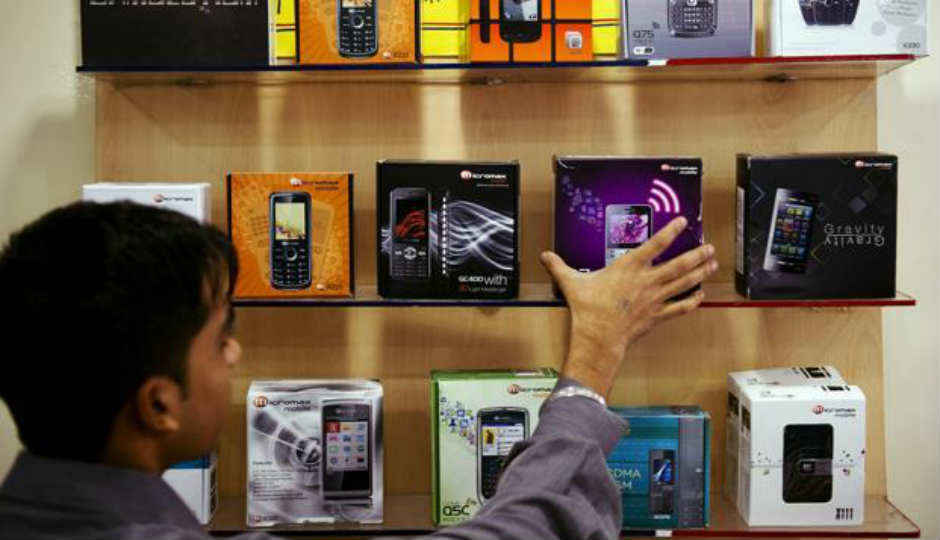After pulses, Indians may now face a smartphone inflation

Companies like Nokia, SiproLab, and Core are claiming royalties from Indian manufacturers which could lean to an increase in smartphone prices
India is one of the world’s largest mobile markets, thanks in part to the number of indigenous manufacturers churning out affordable smartphones for the masses. However, things may change, as companies have started claiming royalties from Indian manufacturers like Micromax, Lava, Karbonn, and more. This could lead to an increase in the cost of smartphones made by these manufacturers.
Companies like Nokia, SiproLab, Sisvel, and Core are claiming royalty for patented technologies being used in smartphones. This could lead to an increase in price of phones. There is also a chance that the total royalty to be paid to all holders of Standard Essential Patents (SEPs) could exceed the manufacturing cost of certain handsets.
In 2013, Ericsson had sued Micromax for Rs. 100 crores claiming that the manufacturer had infringed upon SEPs pertaining to 2G and 3G wireless technologies. Ericsson had filed the suit in the Delhi High Court, and claimed that Micromax had refused to enter into a licensing agreement even after three years of negotiations. In the dispute, Micromax had been ordered by the Delhi High Court to pay between 1.25% and 2% of the sale price of the disputed products, which included the Ninja series, Funbook Talk tablet, and the Canvas 2 series.
After Ericsson, other companies like Nokia, Sisve, and SiproLab have sent letters to handset manufacturers, while unconfirmed reports suggest Qualcomm may be considering similar action. Pankaj Mohindroo, President of the Indian Cellular Association, said, “Some companies have sent out letters to handset companies over the past couple of months. Various actions are going on at the moment. We have always said that royalty should be demanded on the part which is using the technology, and not on the full device.” He added, “The industry has a margin of 3-4%, which would be squeezed if each company's royalty payments are made. If handset makers pay this, they will pass on the cost to consumers. Maximum royalty needs to be capped for a product of national importance.”
Indian manufacturers aren’t the only ones under the scanner for patent infringements. Last year, Ericsson had filed a patent infringement charge against Xiaomi claiming that the chipset used by the manufacturer infringed upon eight of its SEPs. As a result, Xiaomi can only sell devices powered by a Qualcomm processor in India.
Source: Economic Times




